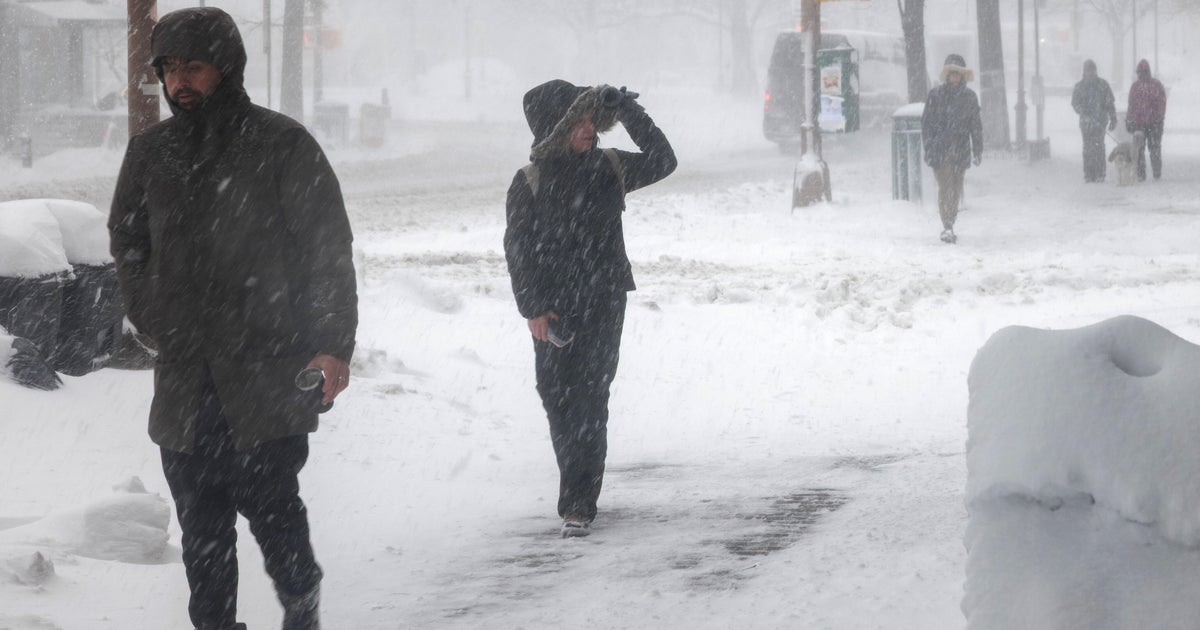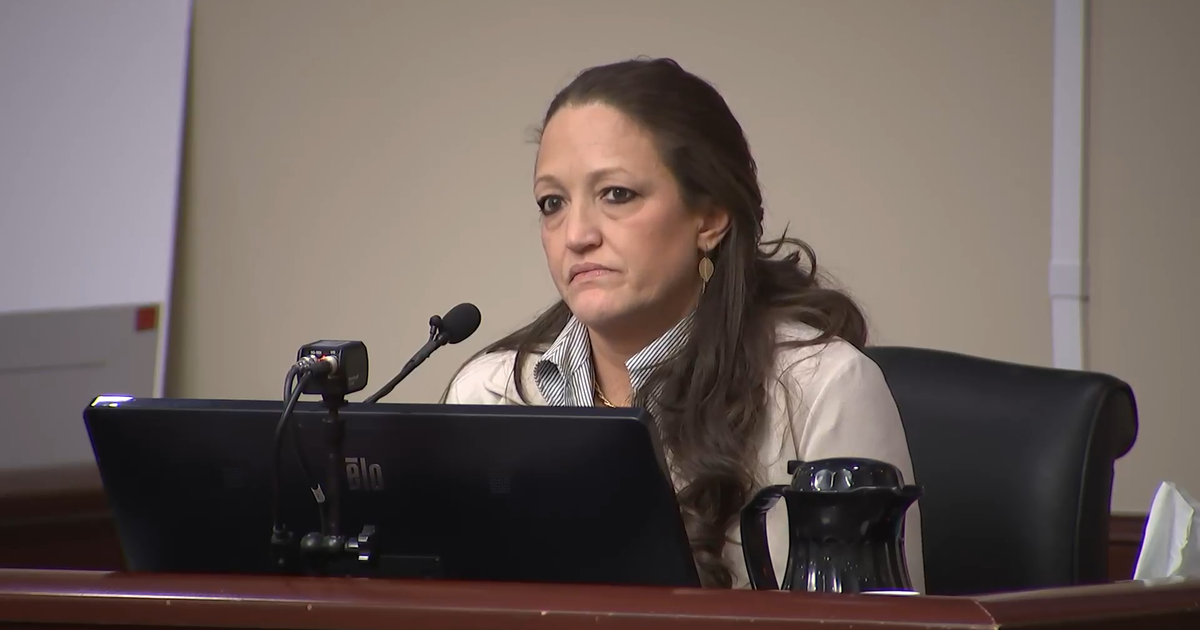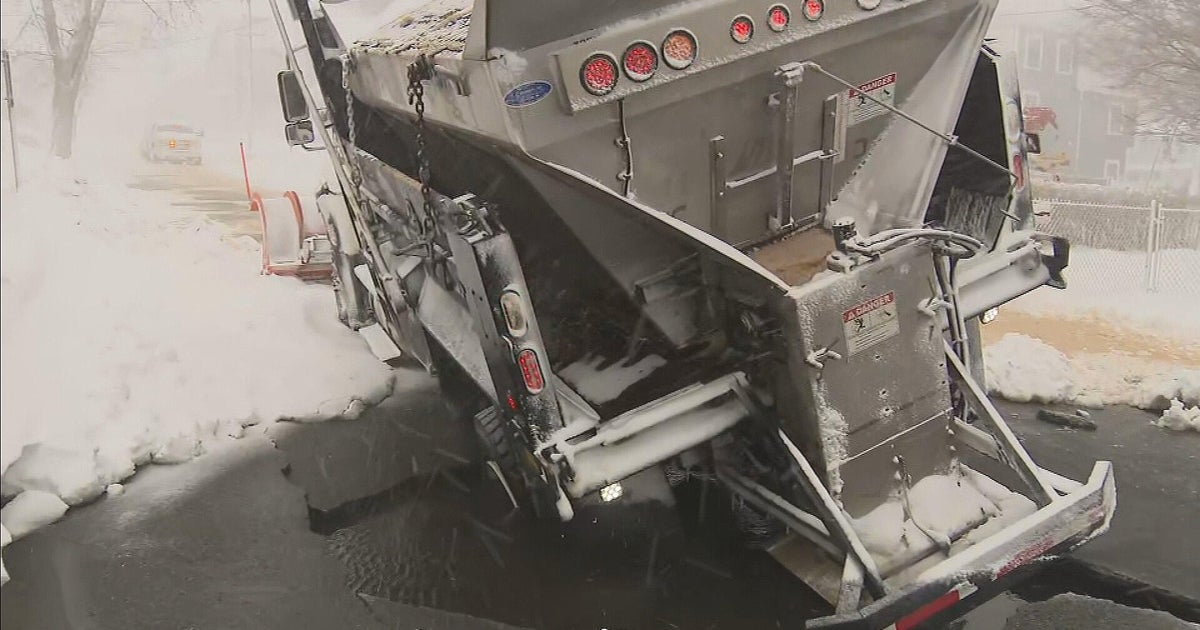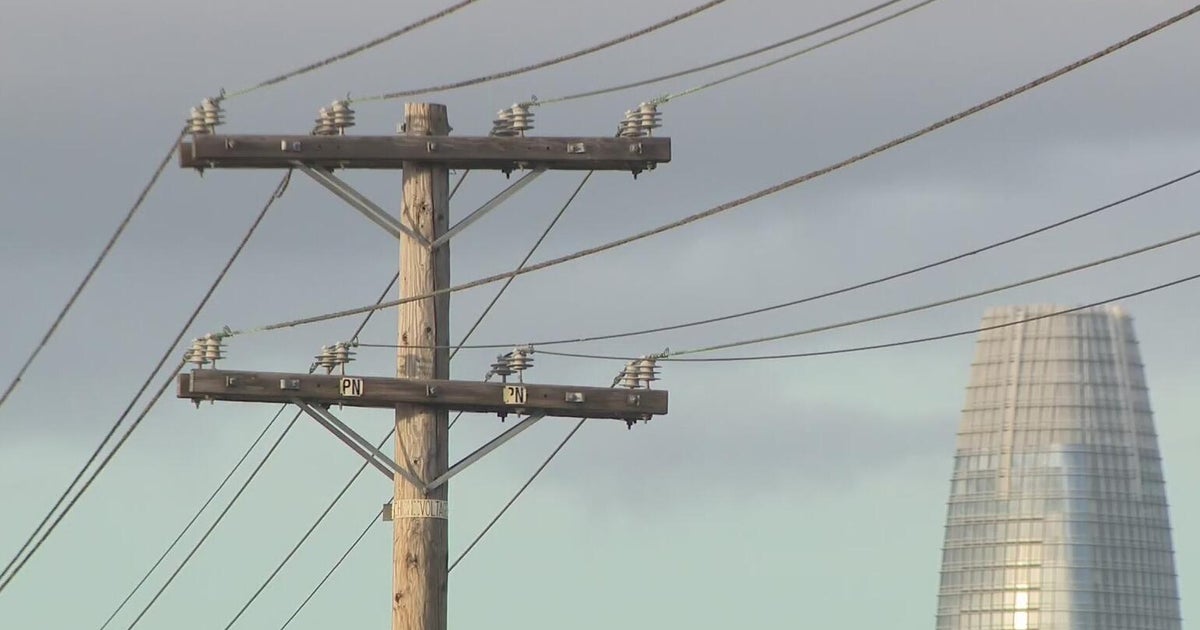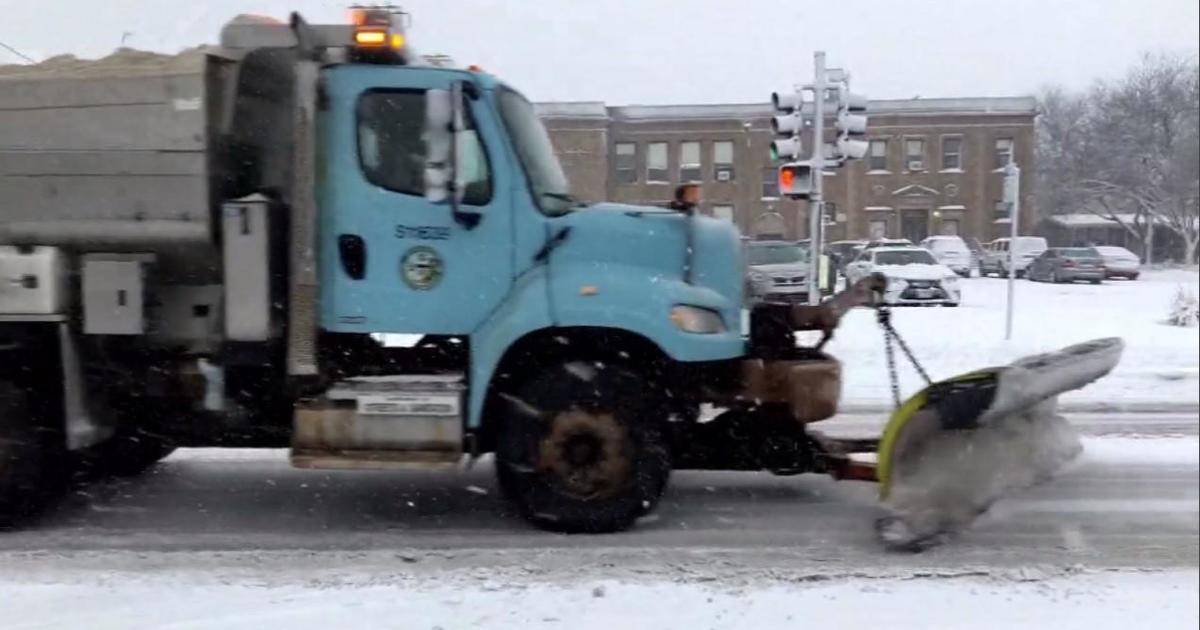NYC Officials Point To Broken Parole System As Violent Crime Rises; Parolee Says Education, Mental Health Services Are Needed
NEW YORK (CBSNewYork) -- Violent crime is on the rise in New York City, and now some say a broken parole system is to blame.
After two men recently out on parole were re-arrested last week for two different unprovoked attacks, city officials pointed to the state's parole process.
"The parole system in New York State does not work," Mayor Bill de Blasio said.
"Pushing people out of prison, not to give them second chances, but to put them in homeless facilities," NYPD Commissioner Dermot Shea said.
CBS2's Ali Bauman spoke with parolee Hilton Webb about the problems in the re-entry process from prison and how that affects the whole city.
"The whole deal was you break the law, you go to jail, you do your time, and then you come back out and everything's right. It's not. I'm still paying," Webb said.
He was released from Attica Correctional Facility in 2017 after serving 27 years in the maximum security prison for murder, though he maintains his innocence.
"Roughly half my life was in prison," Webb said.
"The process of you getting out -- was there anyone at the prison or a parole officer working with you and trying to lay out what options there were for you?" Bauman said.
"You're kidding, right?" Webb said, laughing.
He went straight from prison to a Manhattan homeless shelter.
There are currently 1,500 state parolees living in New York City shelters.
"It was horrendous," Webb said. "This is not a place that's gonna be conducive to my rehabilitation."
Webb got his college degree in prison. He wanted a job when he got out but could barely get an ID.
"Nobody tells you you have to use a MetroCard. When I went to prison, there was tokens," he said.
"What do you think the the state or the city could have done to make that transition a little easier?" Bauman asked.
"There's no one telling you how to re-establish your credit. There's no one telling you how to even get a bank account," Webb said. "But those are the things we have to teach people coming out."
Webb was able to connect with the Fortune Society, a nonprofit that helped him find a job. He's on track to get his master's degree in social work this spring.
"This place has made it possible for me to have what approaches a life," Webb said.
In New York, more than a quarter of parolees are re-incarcerated within three years.
"Is there a way to prevent that revolving door?" Bauman asked.
"I mean, I don't have all the answers. I think one of the answers is education. I think one of the answers is mental health services," Webb said. "The biggest problem is probably these people self-medicating, and self-medicating, you can't afford to buy the drugs. So now you have to do a crime to buy the drugs to self-medicate yourself."
The state corrections department told CBS2 they help parolees with things like employment, educational programs, substance abuse and mental health programs.
"Prisons are where the mentally ill are put," Webb said. "You put them in an environment where they have mental health services and an opportunity to get a degree, they get self-worth. They feel better about themselves, and they leave a better person than they went in."
"There are some people who would say, 'Why should we invest taxpayer dollars into people who are in prison?'" Bauman said.
"It's cheaper to put a guy or a woman through four years of college in prison than pay for another 10, 20 years of them to be in prison," Webb said. "It's better for the society, it's better for you and it's cheaper in the long run."
The state says rehabilitation begins the moment an incarcerated person comes in and re-entry planning starts four months before their release.


